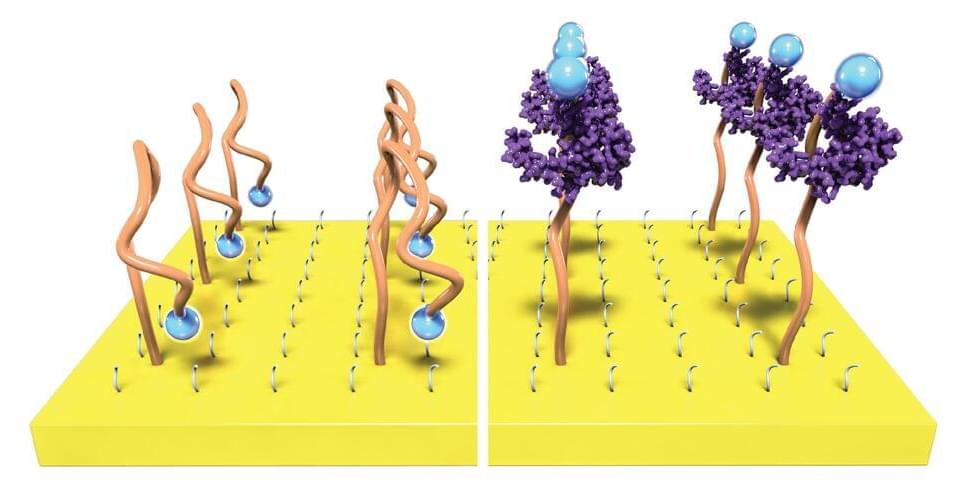The molecules in our bodies are in constant communication. Some of these molecules provide a biochemical fingerprint that could indicate how a wound is healing, whether or not a cancer treatment is working or that a virus has invaded the body. If we could sense these signals in real time with high sensitivity, then we might be able to recognize health problems faster and even monitor disease as it progresses.
Now Northwestern University researchers have developed a new technology that makes it easier to eavesdrop on our body’s inner conversations.
While the body’s chemical signals are incredibly faint—making them difficult to detect and analyze—the researchers have developed a new method that boosts signals by more than 1,000 times. Transistors, the building block of electronics, can boost weak signals to provide an amplified output. The new approach makes signals easier to detect without complex and bulky electronics.
